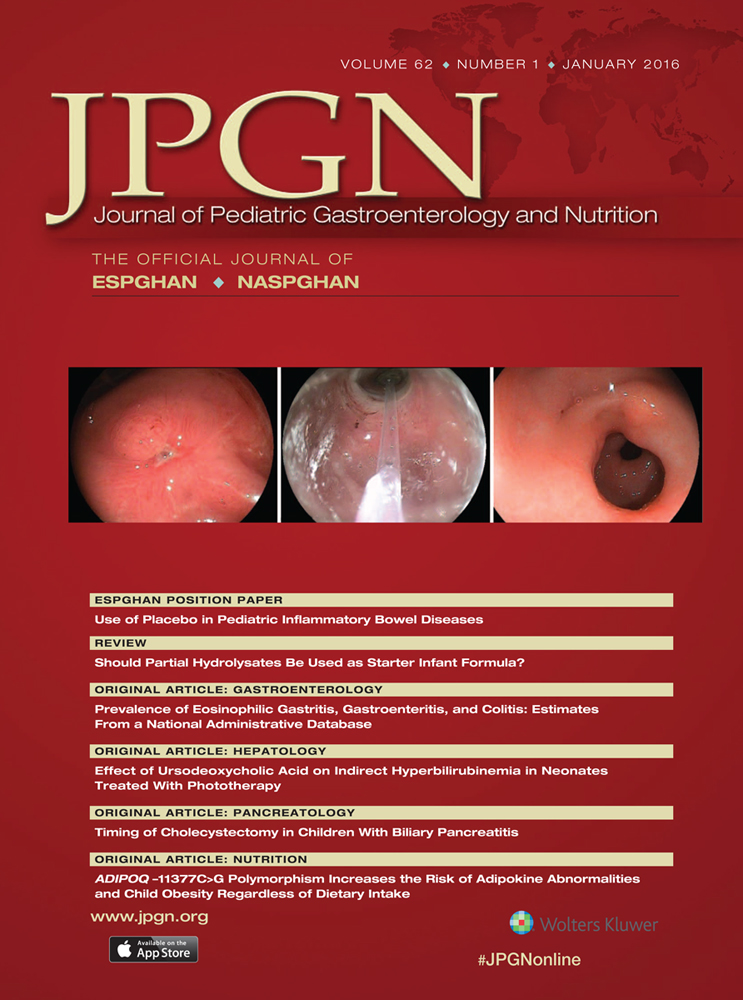Breastfeeding Self-Efficacy Scale
Validation of the Italian Version and Correlation With Breast-feeding at 3 Months
This study was supported by a grant from the nonprofit organization “Piccole Stelle Onlus” to A.P.
The authors report no conflicts of interest.
ABSTRACT
Psychological factors can influence breast-feeding. We translated into Italian and validated the Breastfeeding Self-Efficacy Scale Short Form (BSES-SF) and investigated its predictive ability and its relation with postpartum depression symptoms.
BSES-SF and Edinburgh Postnatal Depression Scale (EPDS) were administered 2 to 3 days after delivery to 122 mothers. Breast-feeding was assessed at 3 months.
The BSES-SF displayed good validity (receiver operating characteristic area = 0.69) for predicting full breast-feeding at 3 months. In multivariate analysis, the probability of full breast-feeding increased 2.4% for 1-point increase of BSES-SF. The BSES-SF and EPDS scores were inversely correlated. BSES-SF is a useful tool to identify the risk of early breast-feeding attrition.




